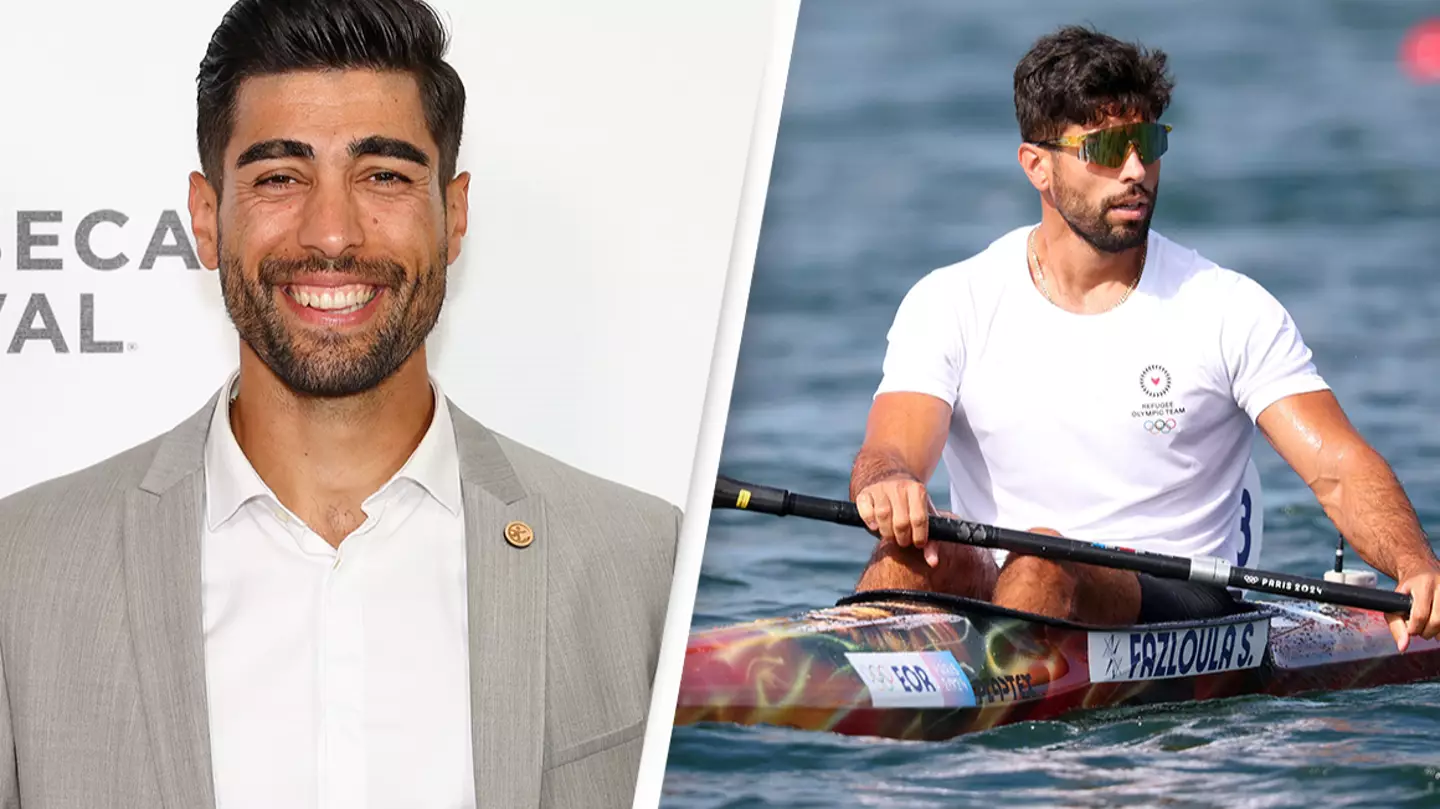
People see competing in the Olympics as the ultimate way to represent your country. But what happens when you no longer have a country?
The Refugee Olympic Team represents displaced people across the globe.
Made up of 37 athletes, and competing in 12 sports, the team got its first medal at this year's Games.
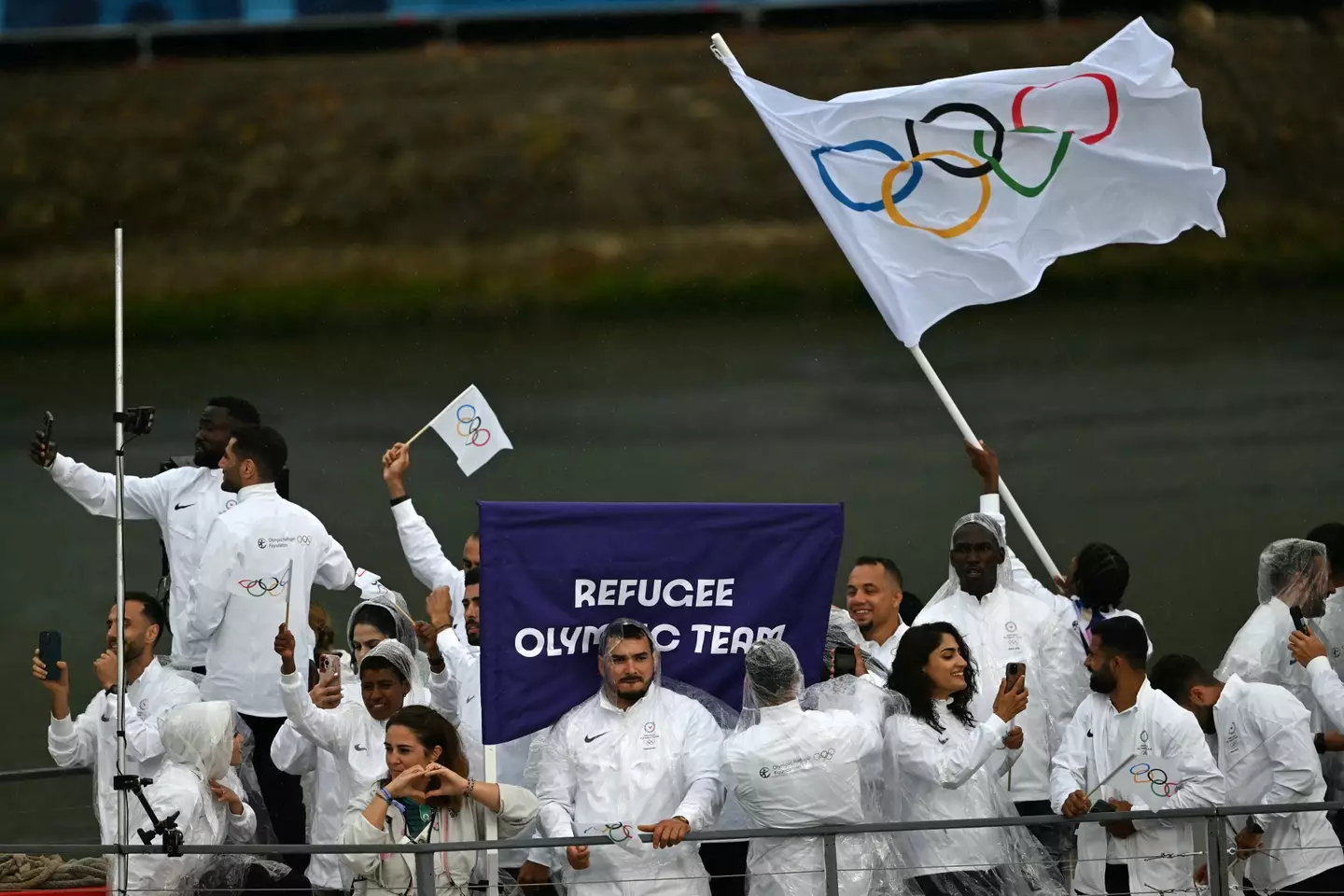
Advert
Among those who competed on the Refugee Olympic Team is Iranian canoeist Saeid Fazloula, who now lives in Germany.
Saeid was forced to flee his home country in 2015. His journey took him from Iran to Turkey before making the dangerous crossing to Greece via boat.
From there Saeid travelled through Macedonia, Serbia, and Austria before finally settling in Germany, where he continued training in canoeing.
Saeid first represented the Refugee Olympic Team at Tokyo, where his experiences were shown in the 2023 documentary We Dare To Dream by Syrian journalist and filmmaker Waad Al-Kateab.
Despite representing the German national team in 2018, Saeid's immigration status meant he was still ineligible to compete for Germany in the Olympics.
Needless to say competing for the Iranian team is also out of the question for Saeid, who has since found himself a target both online and in the Iranian press since leaving.
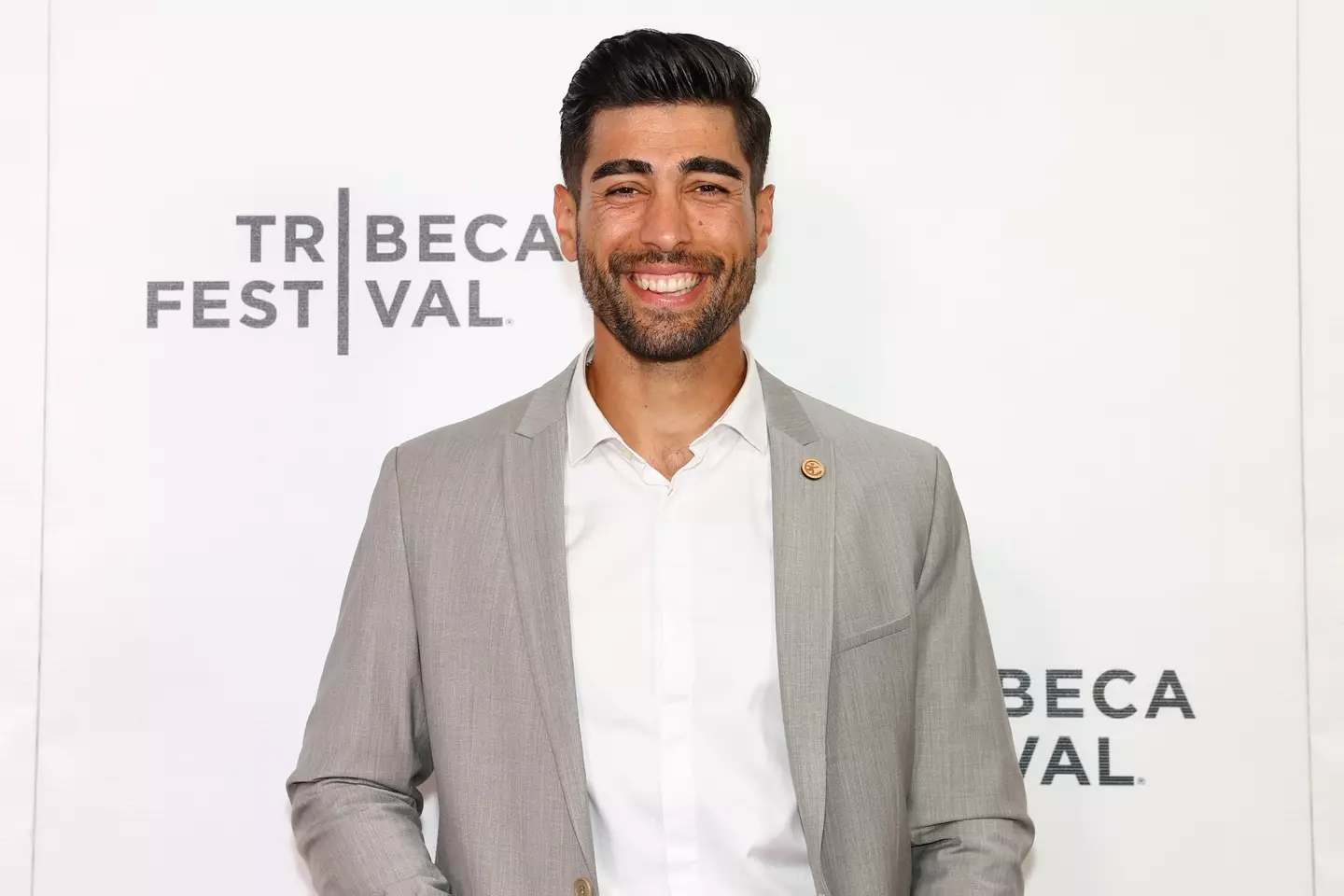
He told UNILAD: "The rules are after eight years you can apply for German citizenship. So I was not eligible for German citizenship, and I didn't have any other options. I will not paddle for Iran."
While he can longer represent his home country, Saeid feels proud to represent the more 120 million displaced people around the world.
"That gave me peace, and that gave me hope," he said.
"If you paddle for Iran, you represent maybe 85 million, and in Germany, 80 million. But we are representing the more than 120 million refugees around the world, and that makes me happy."
But inevitably Saeid still feels there is a bittersweet element, explaining: "It's just sad that we are 120 million refugees around the world because of false polity, because of war, because of religions, skin color.
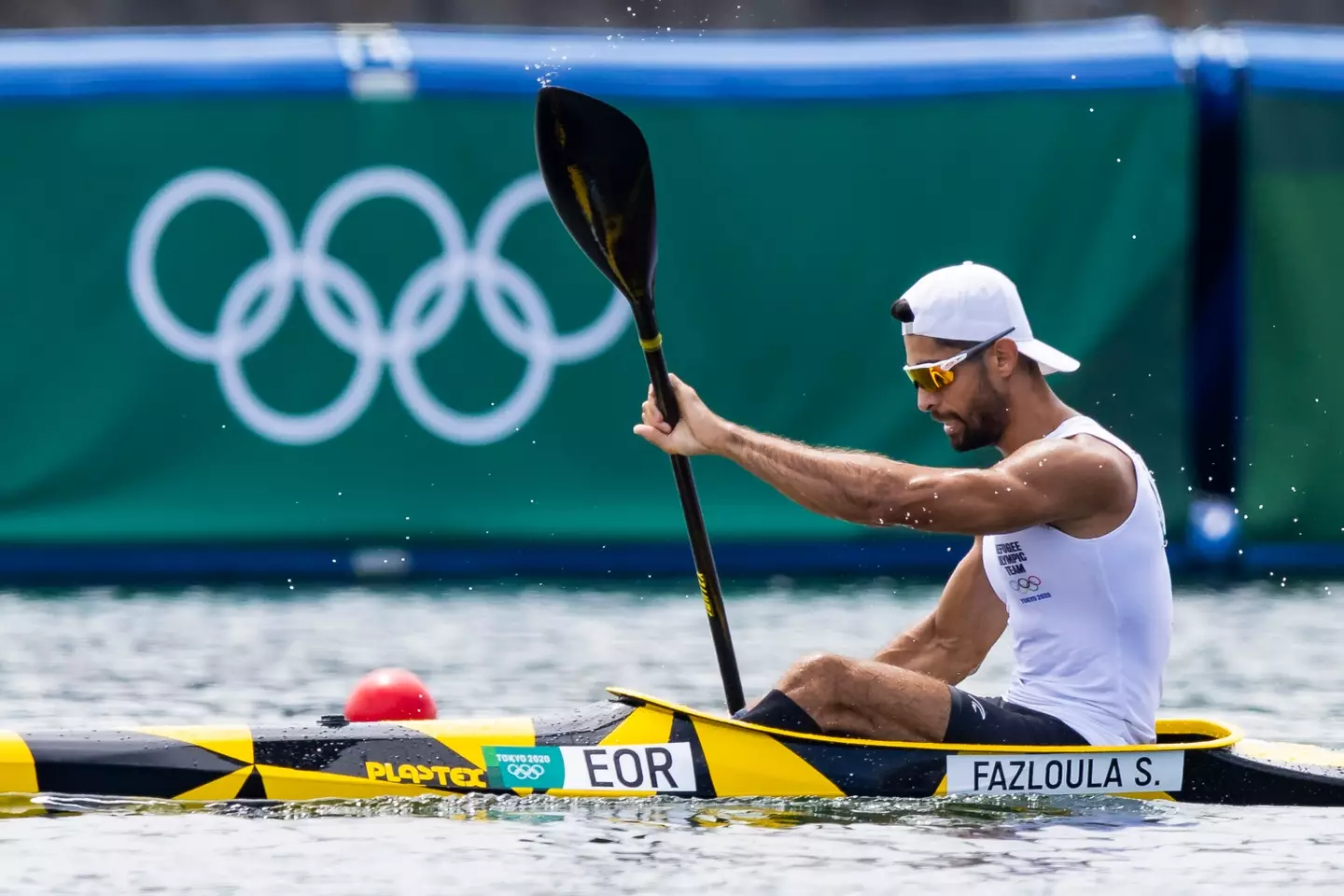
"It made me sad, but it's made me at the same time happy."
He added: "I think we did a good job. We have our first ever medal, and that gives hope."
The Olympian also hopes his story will show the world what people like him who have fled their homes are capable of.
He said: "It's not 120 million refugees - we are many athletes, we are many doctors, we are many architects."
While he will no longer compete for Iran, Saeid shared that he still feels he can represent the Iranian people.
"I am Iranian. I was born in Iran, my heart is from Iran," he said. "We don't have any problem with the Iranian people, we all just have a problem with the Iranian government."
Saeid even reconnected with a former teammate in Paris, saying: "I was in Paris all the time with my with my old boat partner from Iran, and we had a amazing time in Paris. And we were every day together, you know?"
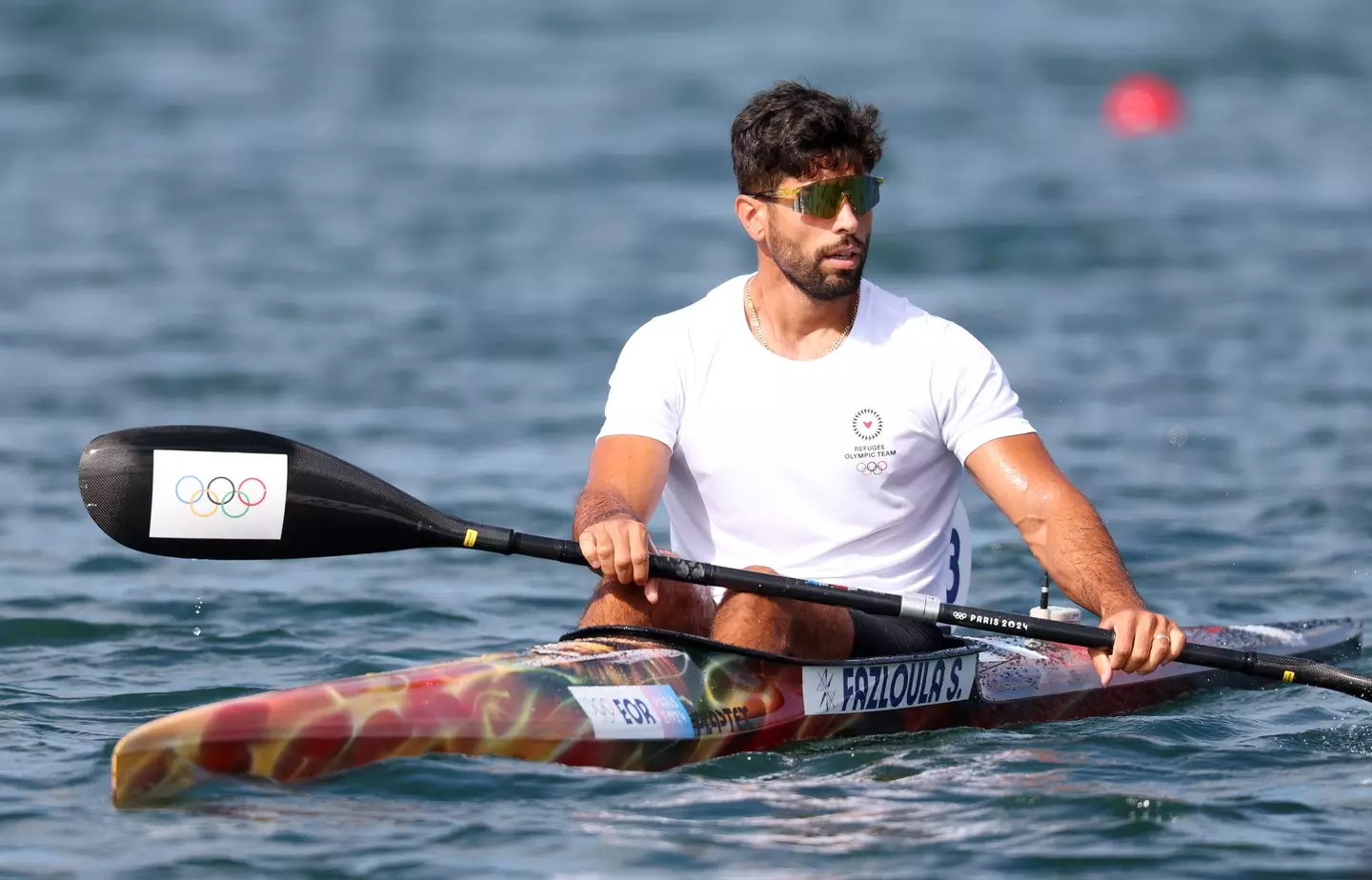
He added: "I get many messages from Iranian people that 'you give us hope', and that makes me happy.
"The people don't want war, the people don't don't need the critique with other countries. The people just need peace."
Going to the Olympics has not been the only thing that has changed for Saeid since leaving Iran, as now he has a young son in Germany.
But the athlete still misses his parents back in Iran.
"I don't have parents here. I have, for sure, my own family here, but I'm a family boy," he said, adding: "My parents live in Iran, and I know how hard it is to live at the moment in Iran."
Saeid also shared his message for other refugees and displaced people around the world.
He said: "You can do it, never give up. If you if you don't give up, then you can achieve what you want. Stay strong. Believe in yourself. I did it, and if I did it, you can do it."
Topics: News, World News, Olympics, Sport, Good News, Iran, France, Germany
